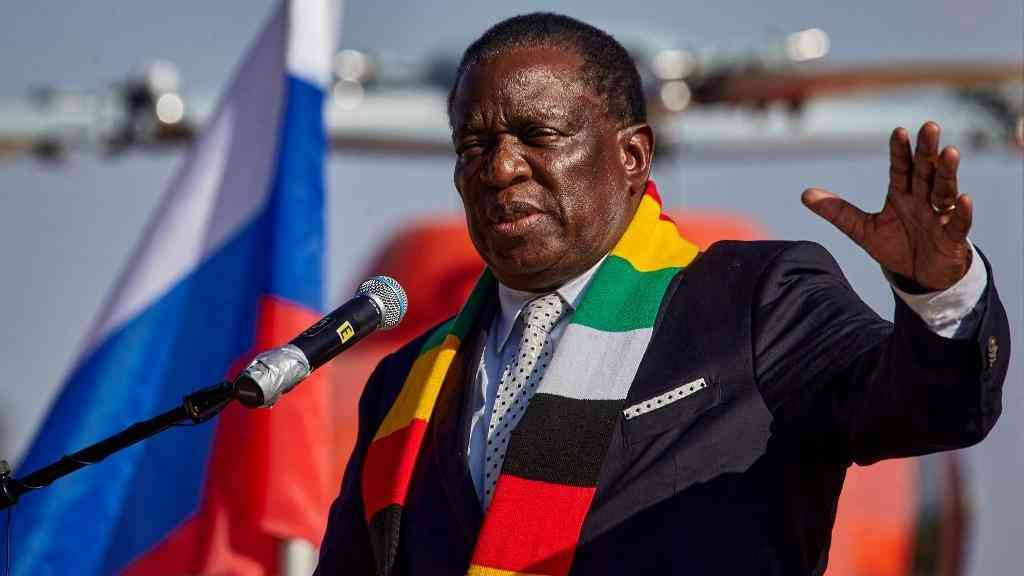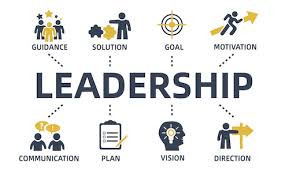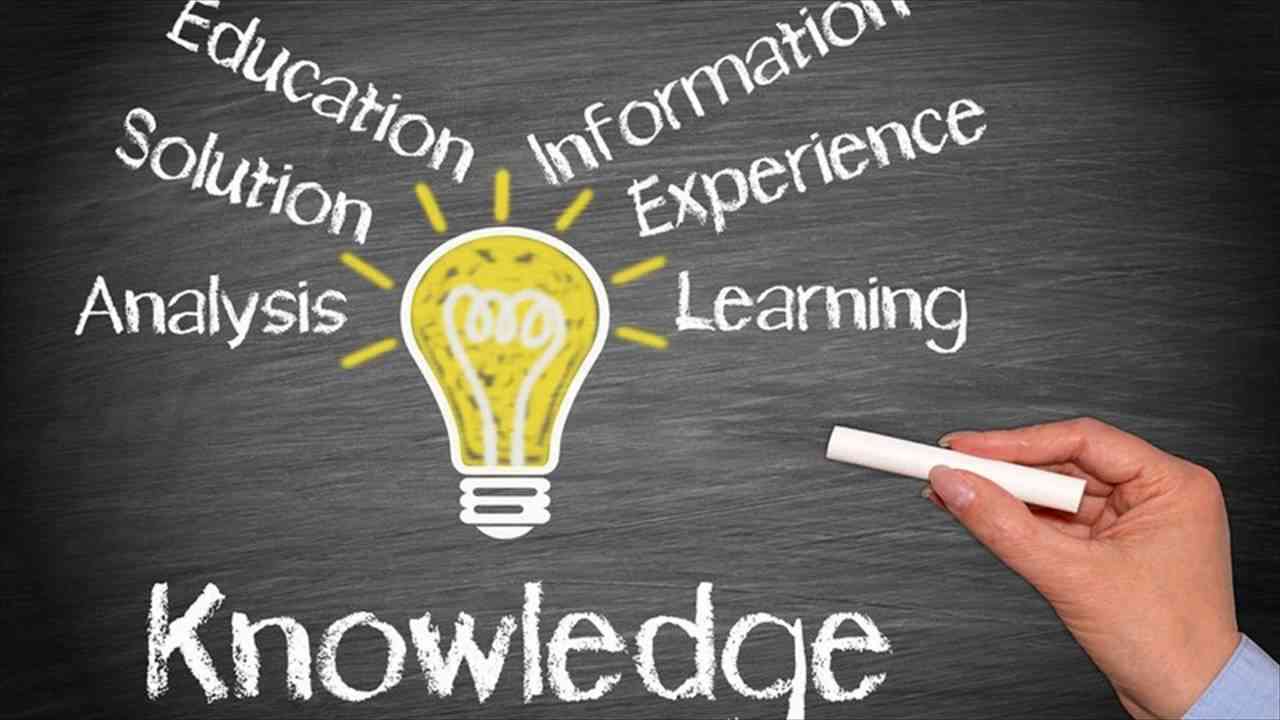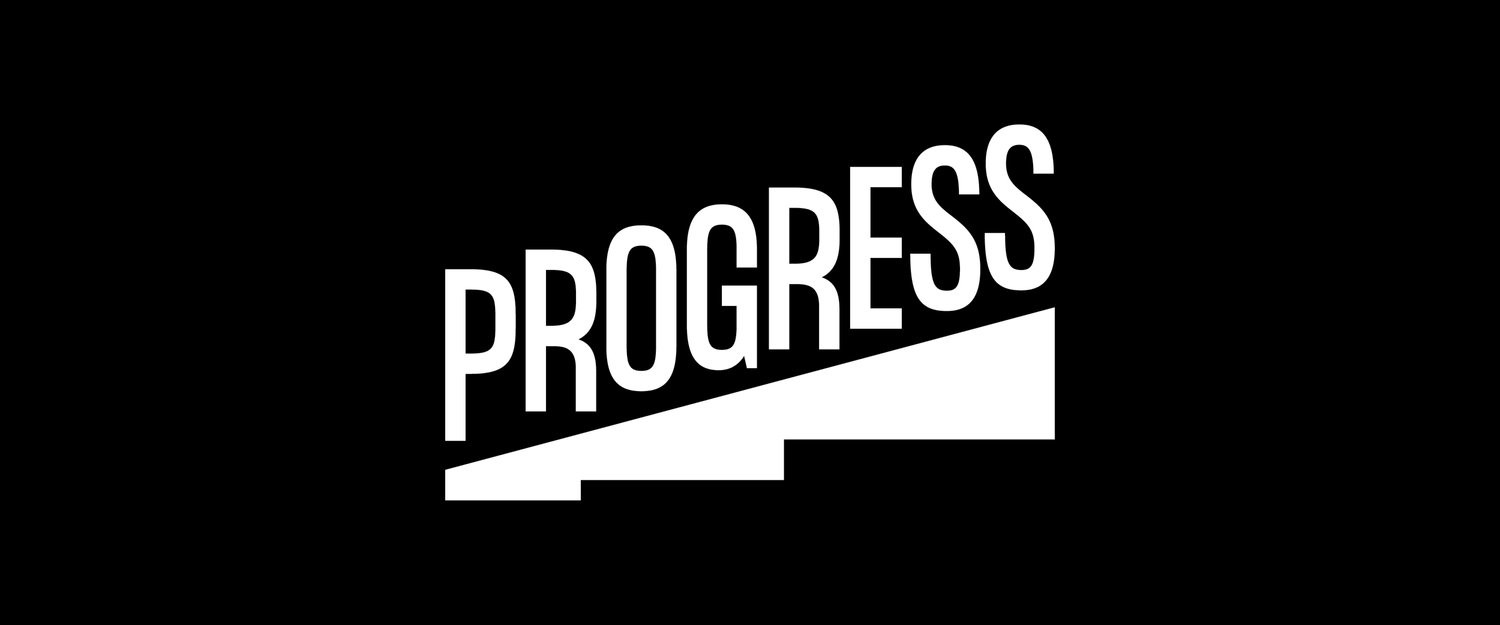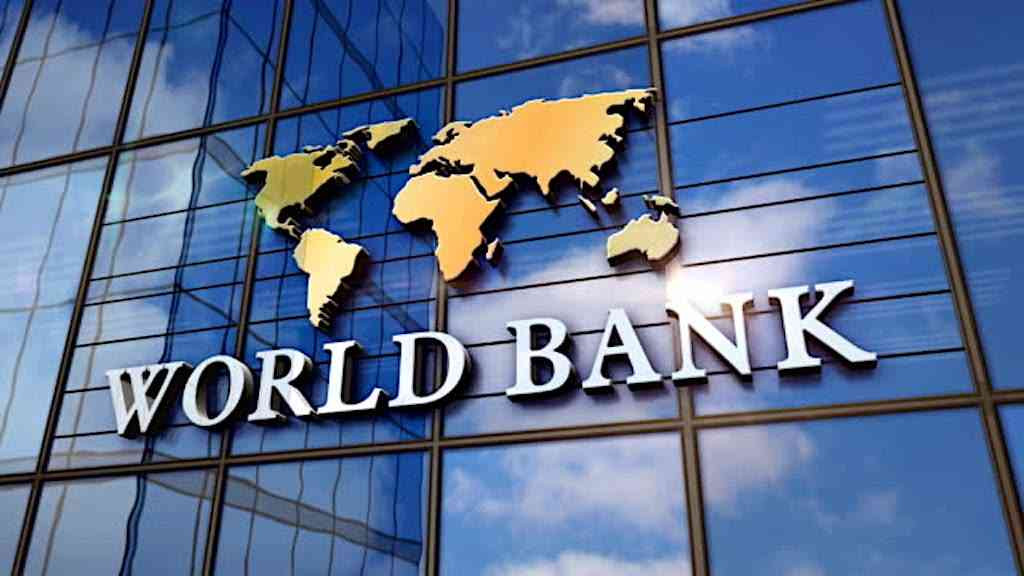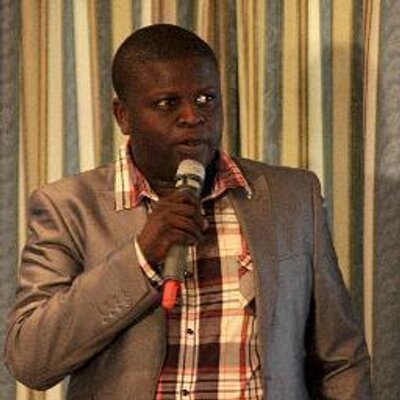
In just under three months Zimbabweans will be going for polls. The country’s Constitution requires that we usher in a new leadership by August this year at the latest, and already politicking is gathering momentum, which is typical of any election year.
By Nigel Nyamatumbu
Beyond politicking and the scramble for votes playing out at political rallies and meetings convened by both the ruling and opposition political parties, there are other structural developments preparing the country to hold elections.
For instance, the Zimbabwe Electoral Commission (Zec) recently announced that the draft voters’ roll was almost ready for inspection and that they are mopping up the biometric voter registration (BVR) exercise.
The Zimbabwe Republic Police (ZRP) has appointed an electoral taskforce headed by a senior cop to ensure that all cases of political violence and/or electoral offences within the jurisdiction of the police are dealt with expeditiously and professionally.
On the regional front, various agencies of Sadc, including the elections advisory council, the head of secretariat and senior officials of the Parliamentary Forum have been to Harare on different missions that all sought to assess the country’s preparedness to host the elections.
The African Union (AU) Commission chairperson and senior leadership of the Pan African Parliament (PAP) have also dialogued with President Emmerson Mnangagwa’s administration regarding the polls.
International agencies, among them the United Nations (UN) and the European Union (EU), as well as global giants and permanent members of the UN Security Council among them the United States, Russia, China, France and the United Kingdom have at various intervals pronounced themselves on the impeding elections in Zimbabwe.
- Chamisa under fire over US$120K donation
- Mavhunga puts DeMbare into Chibuku quarterfinals
- Pension funds bet on Cabora Bassa oilfields
- Councils defy govt fire tender directive
Keep Reading
It is, thus, not in question that Zimbabwe, ready or not — or put differently, electoral reforms or not – is heading for polls later this year.
However, it is imperative that the country’s elections should at least pass the credibility test not least to rebrand the country, restore legitimacy within the international community and attract foreign direct investment, but more importantly, to set the country on a new democratic trajectory anchored on respect for people’s rights to freely express themselves and empowered them to make informed decisions.
This submission specifically analyses the Zimbabwean media, which is a core component of the electoral cycle with a potential to enable citizens to demand and direct democratic outcomes.
The media is expected to play a central role in the upcoming elections, as it interacts with all stakeholders that have a direct bearing on the elections, including, but not limited to, the voters, the government, State security agents and institutions, the election management body, election watchdog groups, observer missions and civil society organisations among others to accentuate access to information and promote dialogue on all aspects of the elections.
There are at least three roles that the media can play during elections.
Firstly, dissemination of all information relating to the electoral process to the Zimbabwean public ensuring wider geographical reach beyond urban centres.
The media also provide online and offline platforms for citizens, political players and civil society organisations to express their views on the electoral cycle and events as they occur and accentuating public debate.
Third and lastly for this submission, the media serves to provide analysis, scientific/accurate polling and data on the elections.
There have been notable interventions that media stakeholders have been implementing that present opportunities for reform, including but not limited to capacity enhancement through various media and safety training programmes, campaigns and advocacy interventions that have been enhanced through various engagements between the media and State security agents, rapid response mechanisms put in place by various stakeholders, various mechanisms for enhanced use of social and internet media that have expanded platforms for citizens engagement, promotion of community based media and citizen journalism all of which are strengthening the media’s democratic role in preparing for the upcoming elections.
However, these interventions can only translate into genuine transformation of the media sector during the 2018 elections, should there be political will and perhaps the biggest opportunity for realising a democratic media lie in the fact that this will be the first election since 1980 that will not be led by Mugabe.
Mnangagwa has to go beyond the rhetoric that he belongs to a new era.
He needs to do more than just assure the world that Zimbabwe will conduct credible elections and begin to implement reforms that will strengthen the media’s democratic role during the elections.
Without that, Zimbabwe is doomed, not only for the elections, but generally into the future
First Nigel Nyamutumbu is a media development practitioner currently serving as the programmes manager of the Media Alliance of Zimbabwe (MAZ). He can be contacted on +263 772 501 557 or email [email protected] or [email protected]

